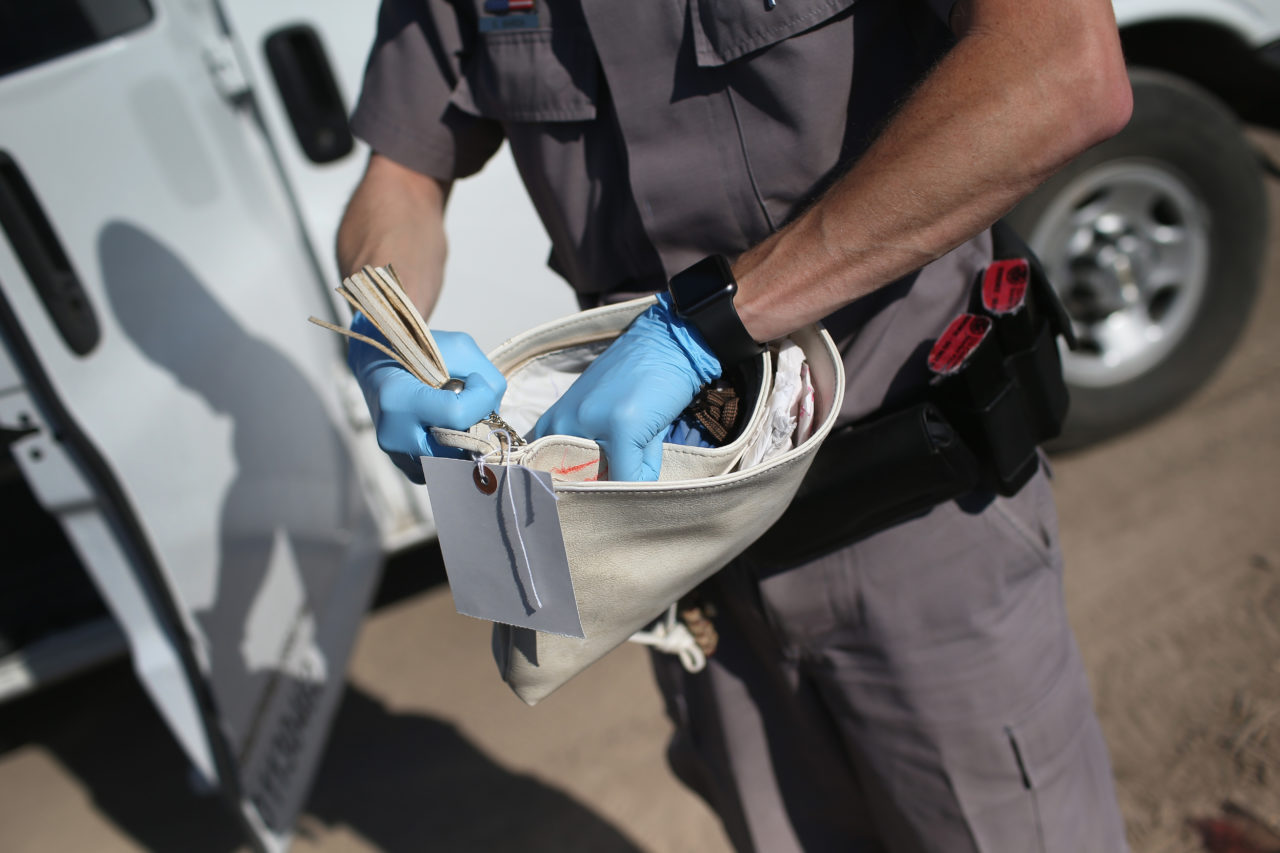
In State v. Sandoval, the WA Court of Appeals held that an access device (credit card) need not be able to obtain something of value at the time it is found on a defendant. The access device need only be able to obtain something of value at the time it was last in the possession of its lawful owner.
BACKGROUND FACTS
Ms. Sandoval entered into an agreement with a car dealership. The agreement allowed Sandoval to take home and use a vehicle for three days to determine whether she wanted to purchase it. After three days, the dealership lost contact with Sandoval and made unsuccessful attempts to retrieve the vehicle. The dealership reported the vehicle stolen.
Eventually, the police found Sandoval and her husband in the stolen vehicle at the address
listed in the agreement. The police arrested Sandoval for possession of a stolen vehicle and
searched her incident to that arrest. In Sandoval’s purse, the police found a credit card with somebody else’s name on it, Sandoval’s sister’s birth certificate, and a pipe with methamphetamine residue.
The credit card had been stolen in early February. At that time, the card was active and could have been used to buy goods. Shortly thereafter, the card’s owner cancelled the card.
The State charged Sandoval with possession of a stolen vehicle, possession of stolen property in the second degree, identity theft in the second degree, and possession of a controlled substance.
At trial, the court instructed the jury on the elements of possession of stolen property in the second degree. The court told the jury that the State had to prove beyond a reasonable doubt that the stolen property was an access device.
The court defined an access device as, “any card, plate, code, account number, or other means of account access that can be used alone or in conjunction with another access device to obtain money, goods, services, or anything else of value. In the same instruction, the court stated, “The phrase ‘can be used’ refers to the status of the access device when it was last in possession of its lawful owner, regardless of its status at a later time.
The jury convicted Sandoval on all charges except identity theft in the second degree. The
State dismissed that charge.
Sandoval appealed on the argument that an access device must be able to obtain something of value at the time it is found on a defendant, not at the time it was last in the possession of its lawful owner.
COURT’S ANALYSIS & CONCLUSIONS
The Court of Appeals reasoned that RCW 9A.56.010(1) defines “access device” as any card, plate, code, account number, or other means of account access that can be used alone or in conjunction with another access device to obtain money, goods, services, or anything else of value, or that can be used to initiate a transfer of funds, other than a transfer originated solely by paper instrument.
Here, the Court of Appeals upheld the trial court’s definition containing the phrase “can be
used,” a phrase which is not statutorily defined. It reasoned that under State v. Schloredt, it was irrelevant whether a victim cancelled his or her account prior to a defendant’s arrest in determining whether stolen credit cards were “access devices” under the statute. Similar to the facts in Schloredt, it was irrelevant that the credit cards Ms. Sandoval possessed were cancelled by its lawful owner.
Also, the Court of Appeals rejected Sandoval’s argument that she received ineffective assistance of counsel when her attorney failed to request a jury instruction for unwitting possession as an affirmative defense for her possession of a controlled substance charge.
The Court reasoned that the Sixth Amendment to the United States Constitution and article I, section 22 of the Washington State Constitution guarantee the right to effective assistance of counsel. Furthermore, in an ineffective assistance of counsel claim, prejudice exists if there is a reasonable probability that, except for counsel’s errors, the results of the proceedings would have differed.
Here, the Court reasoned that Sandoval testified that she obtained the credit card and methamphetamine pipe at the same time, and both items were found on Sandoval in the same location. Therefore, if the jury found that the State carried its burden in showing beyond a reasonable doubt that Sandoval knowingly possessed the credit card, then it is doubtful that Sandoval could have carried her burden to show, by a preponderance of the evidence, that she unwittingly possessed the methamphetamine pipe.
“Thus, we conclude that it was not reasonably probable that the jury would have found Sandoval not guilty of possession of a controlled substance if they had been instructed on the unwitting possession defense.”
Therefore, the Court reasoned that Sandoval was not prejudiced by her counsel’s failure to request the instruction. Because Sandoval has not met her burden to prove prejudice, her ineffective assistance of counsel claim fails.
Please contact my office if you, a friend or family member are charged with a crime. Hiring an effective and competent defense attorney is the first and best step toward justice.

















